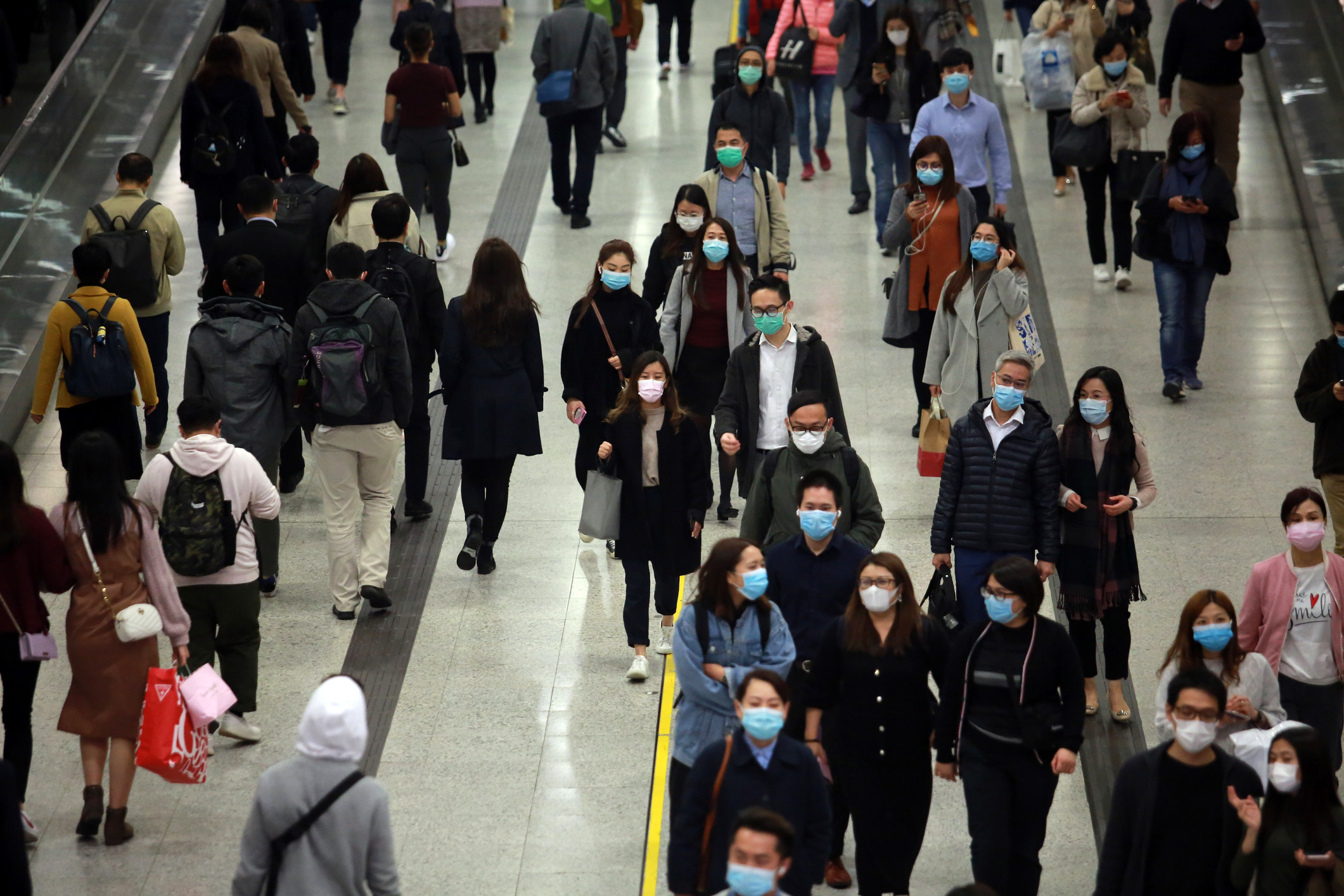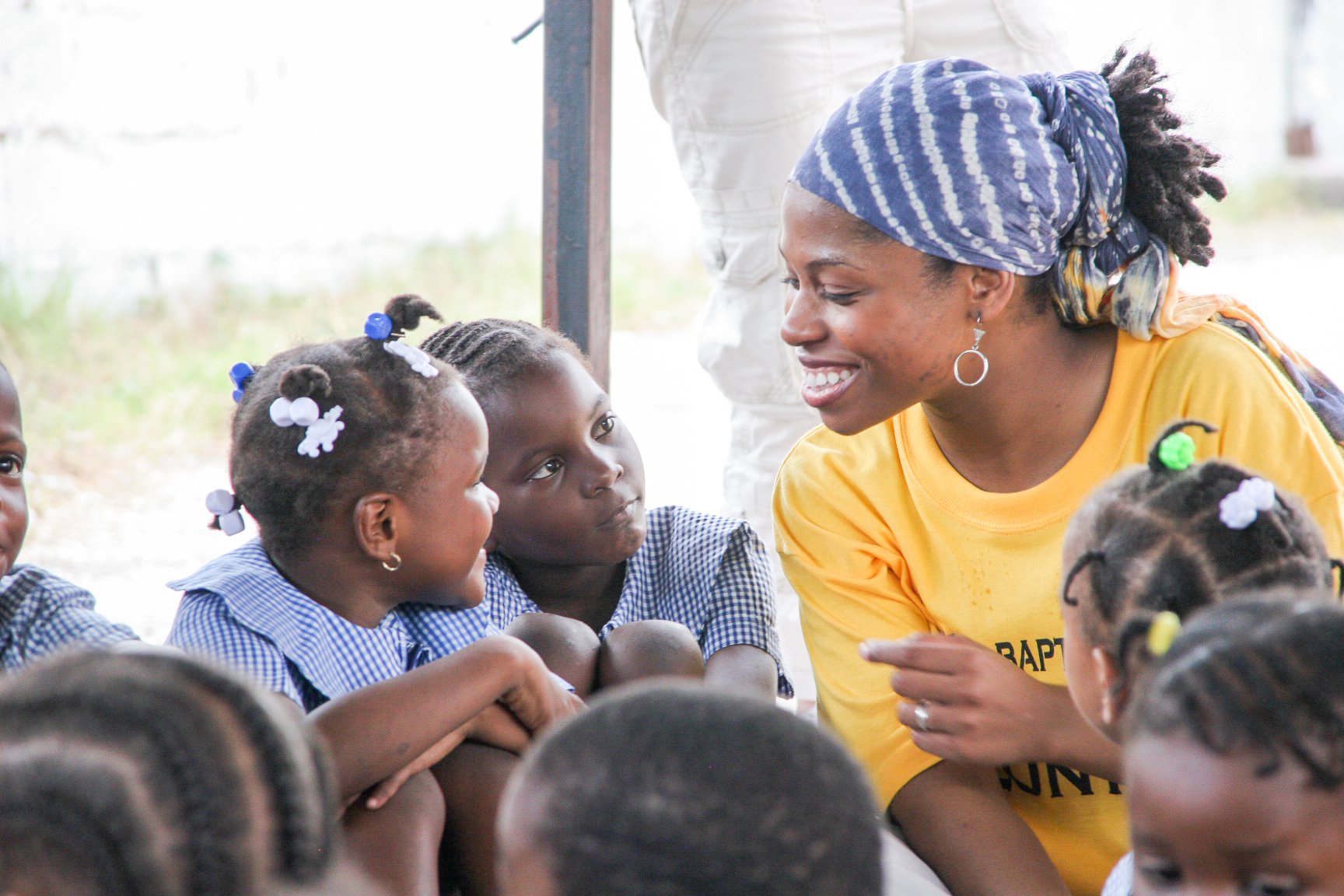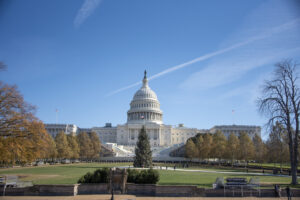
NASHVILLE (BP) — The international coronavirus outbreak should not spread panic in the U.S., but should encourage Gospel love and understanding among the diverse body of Southern Baptists, Asian American relations leader Peter Yanes told Baptist Press.
 Misinformation has spread across social media platforms including Facebook, Instagram, Twitter, YouTube and TikTok, NBC news has reported, spreading fear, racial stereotyping and xenophobia.
Misinformation has spread across social media platforms including Facebook, Instagram, Twitter, YouTube and TikTok, NBC news has reported, spreading fear, racial stereotyping and xenophobia.
“We need to be gracious in our convention dealing with many of our Asian American brethren,” said Yanes, executive director of Asian American Relations & Mobilization for the Southern Baptist Convention Executive Committee.
“This shouldn’t create animosity. This shouldn’t create fear,” he said of the virus that had killed 427 and sickened at least 20,000 as of Tuesday (Feb. 4), predominantly in mainland China. “But instead, we would rather take an opportunity to let them know we’re praying for them and their families back home. I think that’s the best way to respond.”
Amos Lee, executive director of the Chinese Baptist Fellowship of the U.S. and Canada, told BP that Chinese international students on at least one college campus have been “subjected to hostilities” because of fear related to the outbreak.
“Pray for these students, many from Wuhan, the epicenter of the outbreak, that they will receive love, support, acceptance and help from Christians in the community,” Lee said. “Many of these students are not yet believers and this is a prime opportunity to share our witness and the Gospel with them.”
Asian American Southern Baptist congregations number about 2,000, according to SBC EC statistics. About 22 million Asian Americans, 5 million of them of Chinese descent, live in the U.S., according to the U.S. Census. About 95 percent of them, the SBC EC estimates, do not have a personal relationship with Christ.
“We have read reports and seen images played out for us as a major media event from China,” Lee said. “But among those affected by the coronavirus are believers, our brothers and sisters. Let us pray for them that God will give them the grace in the midst of despair, helplessness and hopelessness, especially when whole cities with multiple millions of people are in lockdown (in China).”
Like Yanes, Lee said the virus has created an opportunity to share the hope of the Gospel.
“They have nowhere to turn but to God for intervention, healing and help,” Lee said. “May they experience the peace that only Christ could give. Through it all, [I pray] they will experience God in a way that would not only strengthen their faith but [embolden them] to bear witness to His name. The Lord is sovereign.”
The U.S. is well in control of the spread of the virus, Yanes said. U.S. cases totaled 11 as of Monday, the U.S. Centers for Diseases Control and Prevention (CDC) reported, with results pending for 82 others tested. A total of 162 people have tested negative for the virus in the U.S., the CDC said.
There is more cause for concern in China, Hong Kong and the Philippines, he said. Hong Kong is only a 45-minute drive from China, and one coronavirus death has been confirmed there, where Yanes has family. One death has also been confirmed in the Philippines, Yanes’ home country. All other deaths have occurred in mainland China.
“I have two sisters in Hong Kong and a lot of cousins and relatives that have been there for many, many years, and it’s scared them to death,” Yanes told BP. “They have to wear masks every single day. You can’t blame them for wanting to close the border, until the Chinese government is in control. But here [in the U.S.], it’s over-the-top reacting to what’s going on in China, as if we’re in China.
“Everything happens for a reason, and it’s always Gospel related, an opportunity for us to respond lovingly, graciously and prayerfully,” Yanes said. “We have gone through a lot, but we have conquered it. In just a matter of time it will be totally controlled, and somebody will find out a better solution to treat the outbreak. We will learn from this.”
Chinese Southern Baptists in the U.S. are taking various precautions, Lee said, with those who have travelled to China or Hong Kong staying away from church gatherings for at least two weeks after returning home.
Coronavirus symptoms have included fever, cough and shortness of breath, the CDC reported, with symptoms appearing two to 14 days after exposure. In addition to China, Hong Kong, the Philippines and the U.S., coronavirus has been detected in 23 countries, the World Health Organization (WHO) reported. The virus is spreading in countries including Singapore, Thailand and Japan, but WHO said the virus has not reached pandemic or worldwide levels.




















